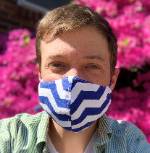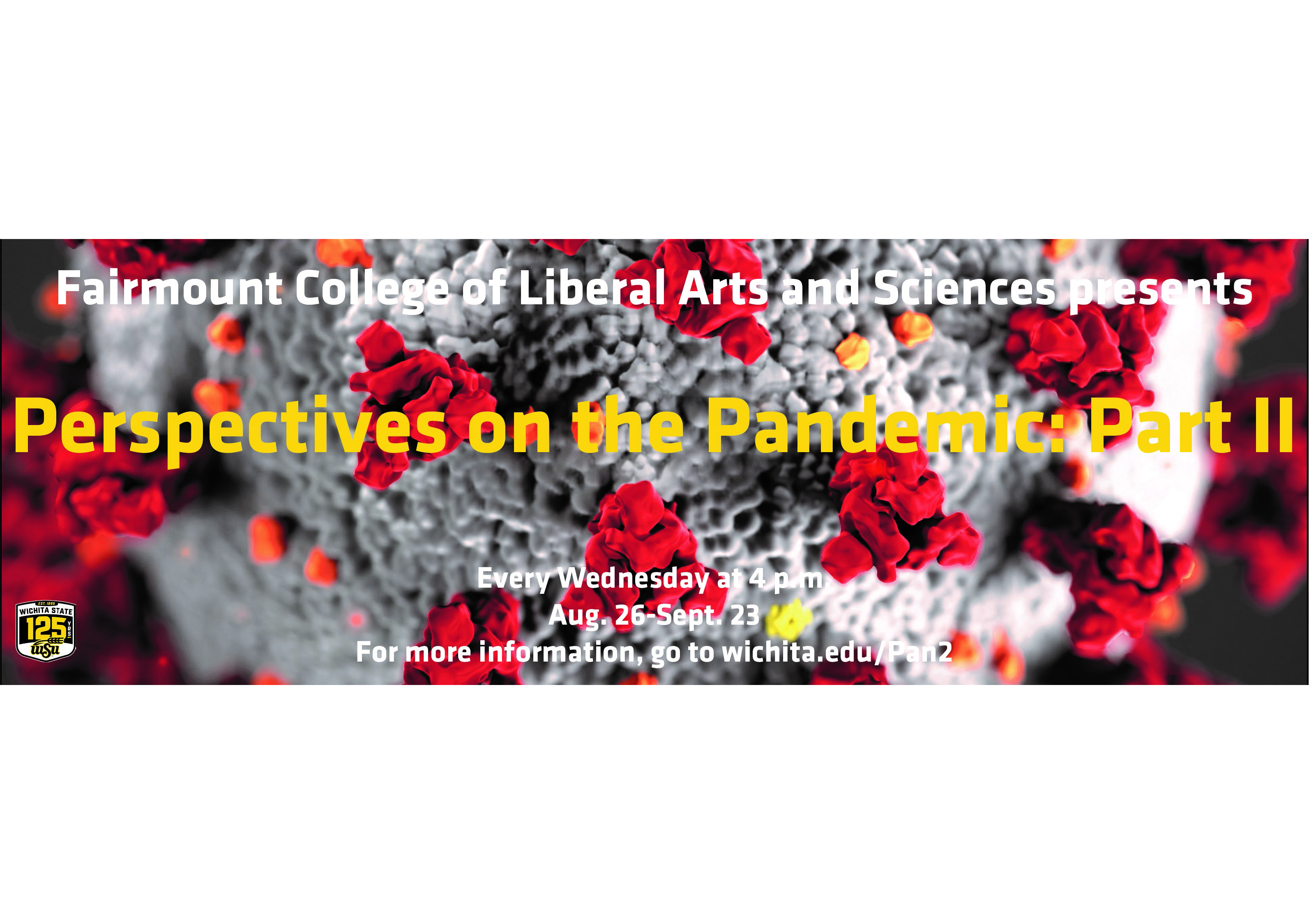Rethinking the city and the community for a post-pandemic world
Cities are places characterized by constant activity, dense social interaction, and
innovation fostered in collaborative working environments. With the widespread adoption
of social distancing, bans on large gatherings, and remote work as public health responses
to the COVID-19 pandemic, those quintessential urban characteristics have been fundamentally
transformed. Will those changes be temporary or permanent? And what will they mean
for the future of urban economies, neighborhood life, and inequality in the coming
years? In this presentation, Wichita State University urban sociologist  Chase Billingham will address these questions, drawing out many of their implications
for important urban processes like social dislocation, economic development, and gentrification.
While offering a broad perspective on issues affecting cities in general, the discussion
will draw special attention to potential impacts of the pandemic on urban growth,
decline, and inequality in the Wichita region.
Chase Billingham will address these questions, drawing out many of their implications
for important urban processes like social dislocation, economic development, and gentrification.
While offering a broad perspective on issues affecting cities in general, the discussion
will draw special attention to potential impacts of the pandemic on urban growth,
decline, and inequality in the Wichita region.
Chase Billingham is an associate professor in the Department of Sociology at Wichita State. His research focuses on urban neighborhoods, urban schools, urban politics, and other issues affecting metropolitan regions in the U.S. Along with his academic research, which has been published in leading journals in urban sociology and the sociology of education, Billingham is a regular contributor to the Wichita Eagle, where he provides commentary on current issues related to urban development and inequality in Wichita. He is currently engaged in research investigating the perspectives of public- and private-sector leaders in the Wichita region regarding Wichita’s economic trajectory before, during, and after the COVID-19 pandemic.


